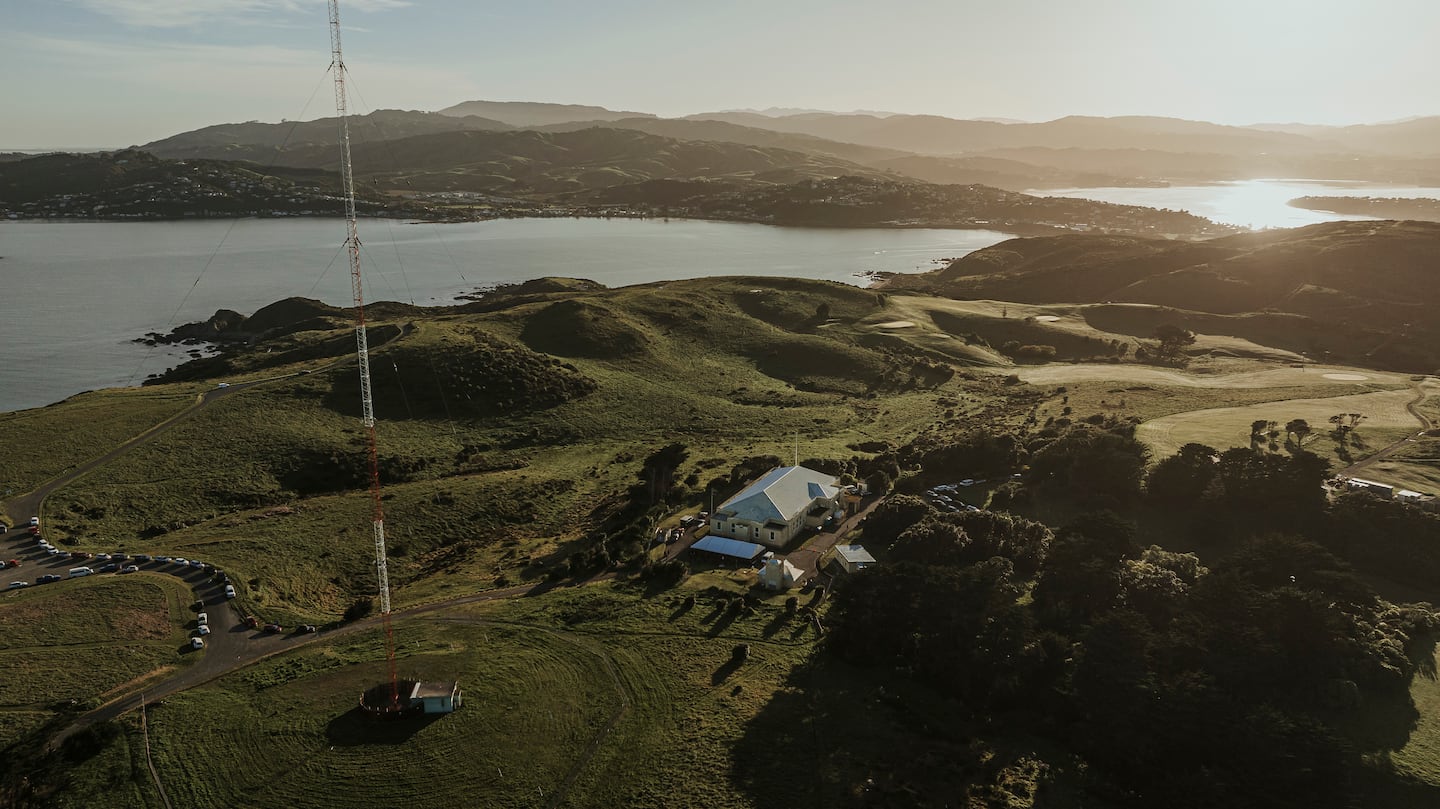After 177 years, Ngāti Toa Rangatira has regained ownership of Whitireia, purchasing 53 hectares at the headland north of Tītahi Bay from RNZ for just under $5 million.
The acquisition adjoins earlier settlement land on the peninsula and follows decades of advocacy to restore iwi control of the maunga.
In 1848, Ngāti Toa gifted whenua at Whitireia to the Anglican Church on the understanding that a school would be built for their tamariki. The promise was never fulfilled.
When Ngāti Toa rangatira Wī Parata sought redress in 1877, the court’s decision infamously declared the Treaty of Waitangi a “simple nullity,” a ruling that undermined Māori claims for generations.
Te Rūnanga o Ngāti Toa Rangatira chair Callum Katene says it is a significant and momentous day for the iwi.

“As we look ahead, Whitireia can shine as a beacon of hope. A reminder that reconciliation is not about reclaiming the past so much but about realising the future envisaged in 1848 - education, faith, unity and enduring partnership.”
He says the purchase is not about economics but about reconnection.
“This has always been our land. It’s always been our land, so this is really a formality. The ownership part of it… the important distinction for us is this isn’t a transaction transaction. It’s not economic for us. It’s returning the land. We’re not gonna do anything with it, it’s gonna be here, but it’s going to be our name that’s on the title, and it’s gonna be that connection that our children will understand.”
RNZ will continue broadcasting from the site under lease.
The rūnanga says all existing leases, easements and public access arrangements remain in place while DOC and Greater Wellington Regional Council continue their roles in the wider Whitireia Park.
After being gifted to the church, the land later came under Crown control and was used by Radio New Zealand as a transmission site.
Whitireia has been a key RNZ transmission site for more than 80 years, which is co-governed by the Whitireia Park Board with Ngāti Toa and Greater Wellington representation.
RNZ chair, Dr Jim Mather, says negotiations for the return of Whitireia have been underway since 2019.
“He huarahi hou mō tātou katoa. Ko Ngāti Toa Rangatira te kaitiaki o te whenua, arā te landlord, te owner. Ko Te Reo Irirangi, te tenant i tēnei wā. Ko taku whakaaro e pai rawa atu te whanaungatanga hou i waenganui i a mātou katoa.”

He says both parties shared a common goal to ensure the return was handled with integrity.
“[There were] robust discussions in terms of ensuring that the arrangements were commercially appropriate, and similarly, Ngāti Toa had the same approach, but most importantly, behind all of the commercial intent was the desire by both parties to make this actually happen. So there was a commercial element to it, but there was, more importantly, a sense of cultural redress, history, and doing the right thing.”
Mather acknowledged questions about why RNZ didn’t simply gift the land back.
“If it was up to us as a board, we would have handed it over. We have responsibilities as governors of the interests of the public of Aotearoa.”
Te Rūnanga o Ngāti Toa Rangatira, chief executive, Helmut Modlik, says the iwi had to work within the practical reality of the land being held by the Crown.

“Yeah, so the financial part of the return of Whitireia is a consequence of the practical reality of the land being in possession of the Crown. It wasn’t a part of our Treaty settlement… we did have to acquire it.”
He says while Ngāti Toa accepted the terms, there is still a principle worth revisiting.
“In connection with the need to pay all those monies to have our lands returned, that as a matter of principle it is a conversation with us worth revisiting in future at some point.
“...as everybody has admitted, the loss of this land was as a result of a breach of the Treaty. Treaty settlement processes are a take-it-or-leave-it exercise and we weren’t able to have this whenua returned at that point. And so to me that’s a matter of principle, that’s worth a future conversation.” Modlik added.
For descendants of Wī Parata, the return marks an integral milestone.

“Āe, kua roa e whakaaro ana mēnā e ora tonu ana tērā tupuna ōku, he aha pea ōna whakaaro mō te āhuatanga o tēnei rā? Me pēnei pea taku whakahoki kōrero, kei te whiti mai te rā, e tohu ana i te pai a tā tātou mahi i tēnei rā, kāre e kore,harikoa ana tērā tupuna ōku i ngā kōrero, i ngā āhuatanga kua tutuki i te rā nei,” Kahu Ropata said representing ngā uri o Wī Parata

“As a family, we’ve had to grow up with that hara, that hara against our tupuna. He was a victim of the Pākehā propaganda machine, and they tried to paint him and taint him. It cost him his health and his wealth fighting this case, and for many years we grew up in that trauma of a loss of mana, Ropata said.
What’s next
Day-to-day operations for tenants and visitors remain unchanged as leases transfer to Te Rūnanga o Ngāti Toa Rangatira.
While the iwi has signalled further kōrero on the principle of paying to recover ancestral land, and whānau say discussions with the Anglican Church about reconciliation are continuing.




